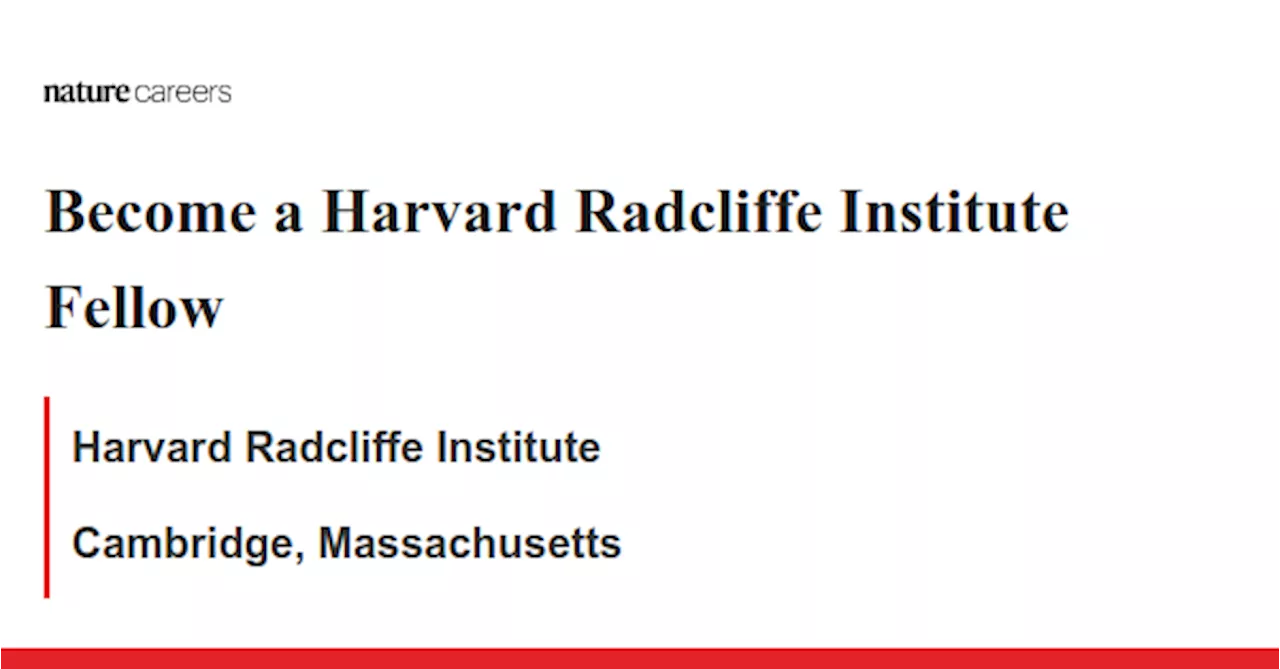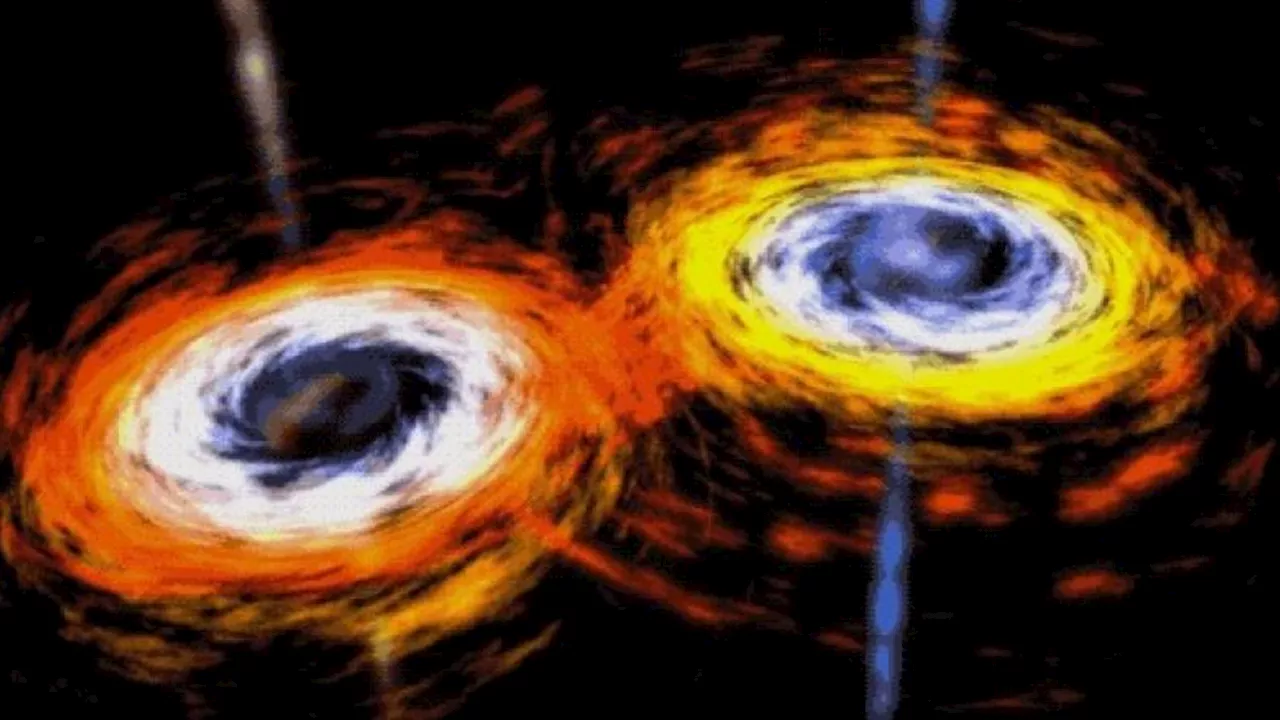IOP is the leading research institute in China in condensed matter physics and related fields. Through the steadfast efforts of generations of scientists, IOP has become a comprehensive and multi-disciplinary research organization engaged in research on basic and applied physics.
Its current research activities concentrate mainly on condensed matter physics, optical physics, atomic and molecular physics, plasma physics, soft matter physics, and condensed matter theory and computation physics. There are 12 laboratories and 8 centers in our research system together with a strong technical support system. More Information about IOP can be found at
IOP is entering a period of rapid expansion of its research bases. We have multiple opening positions at all levels from junior Tenure-Track Assistant Professor to senior Full Professor in multiple research areas, broadly defined. We invite talented applicants who have the capacity or have exhibited the potential of running a world-recognized independent research program.
* Applied physics The Institute of Physics of the Chinese Academy of Sciences seeks applicants for its International Young Scientist Fellowship . IOP is a multi-disciplinary research institute focusing on the basic and applied physics with a history of more than 90 years. Its current research activities concentrate on condensed matter physics, optical physics, atomic/molecular physics, plasma physics, soft matter/biophysics and computation physics.
Three recommendation letters sent directly to the following contact by the referees. Applicants are required to choose a sponsor from the IOP faculty members and obtain his/her approval before making the application.IOP is the leading research institute in China in condensed matter physics and related fields. Through more than 90 years of development, IOP has become a comprehensive and multi-disciplinary research organization engaged in research on basic and applied physics.
France Dernières Nouvelles, France Actualités
Similar News:Vous pouvez également lire des articles d'actualité similaires à celui-ci que nous avons collectés auprès d'autres sources d'information.
 Become a Harvard Radcliffe Institute Fellow - Cambridge, Massachusetts job with Harvard Radcliffe InstituteApplications for the 2025-2026 Fellowship | Harvard Radcliffe Institute Harvard Radcliffe Institute fellows are exceptional scientists, writers, scholars, public intellectuals, and artists whose work is making a difference in their professional fields and in the wider world.
Become a Harvard Radcliffe Institute Fellow - Cambridge, Massachusetts job with Harvard Radcliffe InstituteApplications for the 2025-2026 Fellowship | Harvard Radcliffe Institute Harvard Radcliffe Institute fellows are exceptional scientists, writers, scholars, public intellectuals, and artists whose work is making a difference in their professional fields and in the wider world.
Lire la suite »
 Hong Kong is more Chinese, but don’t call it ‘another Chinese city’As expats leave, officials say they’re unconcerned — but their reaction to criticism says otherwise.
Hong Kong is more Chinese, but don’t call it ‘another Chinese city’As expats leave, officials say they’re unconcerned — but their reaction to criticism says otherwise.
Lire la suite »
 Longstanding physics mystery may soon be solved, thanks to Einstein and quantum computingI have published papers on dark matter, dark energy, general relativity, and quantum mechanics in American Journal of Physics, Classical & Quantum Gravity, Foundations of Physics, International Journal of Modern Physics D, General Relativity and Gravitation, Studies in History & Philosophy of Modern Physics, International Journal of Quantum...
Longstanding physics mystery may soon be solved, thanks to Einstein and quantum computingI have published papers on dark matter, dark energy, general relativity, and quantum mechanics in American Journal of Physics, Classical & Quantum Gravity, Foundations of Physics, International Journal of Modern Physics D, General Relativity and Gravitation, Studies in History & Philosophy of Modern Physics, International Journal of Quantum...
Lire la suite »
 Weird physics at the edges of black holes may help resolve lingering 'Hubble trouble'Robert Lea is a science journalist in the U.K. whose articles have been published in Physics World, New Scientist, Astronomy Magazine, All About Space, Newsweek and ZME Science. He also writes about science communication for Elsevier and the European Journal of Physics. Rob holds a bachelor of science degree in physics and astronomy from the U.K.
Weird physics at the edges of black holes may help resolve lingering 'Hubble trouble'Robert Lea is a science journalist in the U.K. whose articles have been published in Physics World, New Scientist, Astronomy Magazine, All About Space, Newsweek and ZME Science. He also writes about science communication for Elsevier and the European Journal of Physics. Rob holds a bachelor of science degree in physics and astronomy from the U.K.
Lire la suite »
 Extreme 'hot Jupiter' exoplanet stinks like rotten eggs and has raging glass stormsRobert Lea is a science journalist in the U.K. whose articles have been published in Physics World, New Scientist, Astronomy Magazine, All About Space, Newsweek and ZME Science. He also writes about science communication for Elsevier and the European Journal of Physics. Rob holds a bachelor of science degree in physics and astronomy from the U.K.
Extreme 'hot Jupiter' exoplanet stinks like rotten eggs and has raging glass stormsRobert Lea is a science journalist in the U.K. whose articles have been published in Physics World, New Scientist, Astronomy Magazine, All About Space, Newsweek and ZME Science. He also writes about science communication for Elsevier and the European Journal of Physics. Rob holds a bachelor of science degree in physics and astronomy from the U.K.
Lire la suite »
 Quasars are 'cosmic signposts' pointing to rare supermassive black hole pairsRobert Lea is a science journalist in the U.K. whose articles have been published in Physics World, New Scientist, Astronomy Magazine, All About Space, Newsweek and ZME Science. He also writes about science communication for Elsevier and the European Journal of Physics. Rob holds a bachelor of science degree in physics and astronomy from the U.K.
Quasars are 'cosmic signposts' pointing to rare supermassive black hole pairsRobert Lea is a science journalist in the U.K. whose articles have been published in Physics World, New Scientist, Astronomy Magazine, All About Space, Newsweek and ZME Science. He also writes about science communication for Elsevier and the European Journal of Physics. Rob holds a bachelor of science degree in physics and astronomy from the U.K.
Lire la suite »
